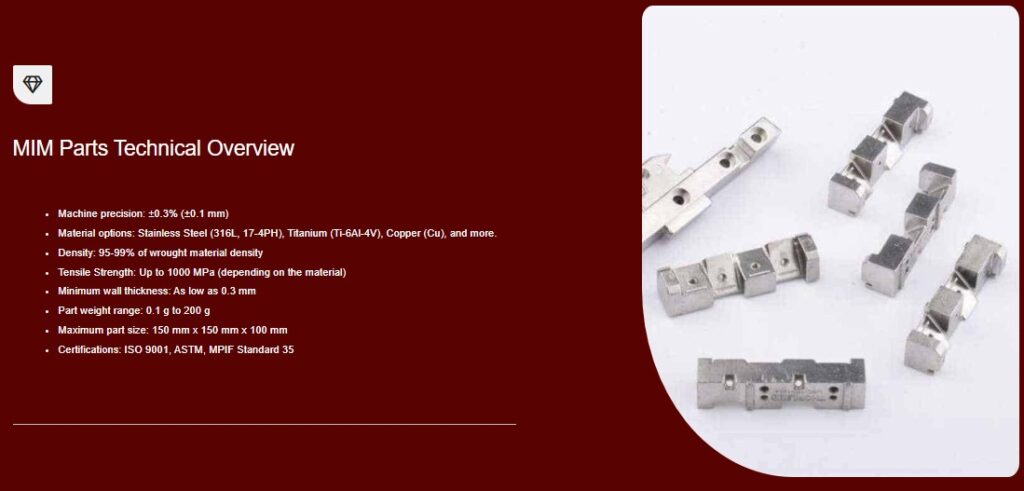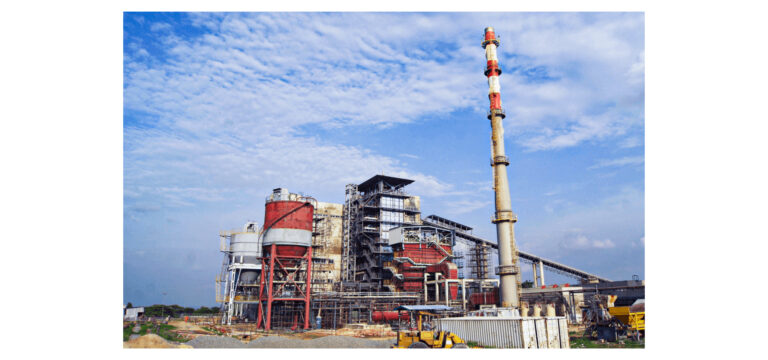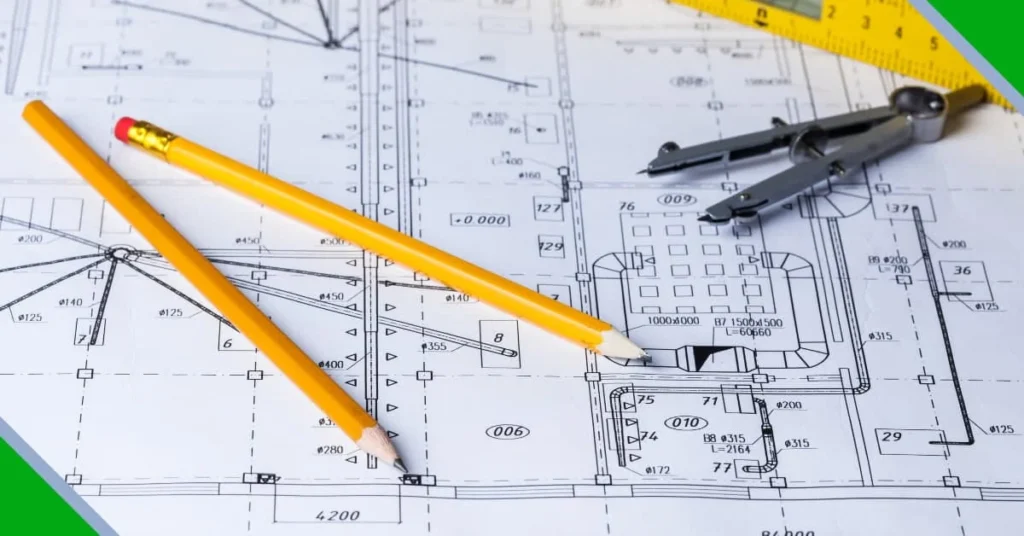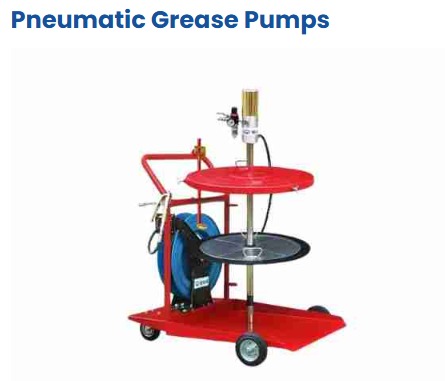Plumbing is one of the most critical systems in any home, yet it often goes unnoticed until problems arise. A small leak might seem harmless, but over time it can lead to water damage, mold growth, and costly repairs. Fortunately, with the right knowledge and preventive measures, you can maintain a leak-free home and avoid plumbing headaches. Below are expert Plumbing solutions and practical tips every homeowner should know.
Understand the Common Causes of Leaks
Before tackling prevention, it’s important to understand what causes leaks in the first place. Leaks often stem from worn-out pipe joints, clogged drains, excessive water pressure, or outdated plumbing systems. Even small issues like a dripping faucet can waste gallons of water each day, driving up utility bills. By recognizing the early signs—such as water stains on walls, reduced water pressure, or unusual sounds—you can stop leaks before they become serious.
Schedule Regular Plumbing Inspections
One of the most effective ways to keep your home leak-free is through routine inspections. Professional plumbers can spot issues that homeowners often overlook, such as hidden pipe corrosion, hairline cracks, or slow drainage problems. Ideally, a plumbing inspection should be scheduled at least once a year, especially in older homes where pipes may be more vulnerable. Regular maintenance not only prevents leaks but also extends the life of your entire plumbing system.
Monitor Your Water Pressure
While strong water pressure feels great in the shower, it can be harmful to your plumbing system if it’s too high. Excessive pressure strains pipes, faucets, and appliances, increasing the risk of leaks and bursts. Experts recommend keeping water pressure between 40 to 60 psi (pounds per square inch). You can use a pressure gauge to test it yourself or have a plumber install a pressure regulator. Keeping water pressure at a safe level ensures smooth water flow without damaging your pipes.
Protect Pipes from Extreme Temperatures
Temperature fluctuations, especially in colder climates, can wreak havoc on your plumbing. Frozen pipes are one of the leading causes of leaks and bursts in winter. To prevent this, insulate exposed pipes in basements, attics, and garages. In extreme cold, let faucets drip slightly to keep water moving and reduce the risk of freezing. During summer, avoid letting outdoor hoses stay connected, as pressure build-up can damage the plumbing system. Simple seasonal precautions can save thousands in repair costs.
Be Careful with What Goes Down the Drain
Many leaks originate from clogged drains that create pressure on pipes. Homeowners often underestimate the damage caused by flushing grease, food scraps, or non-flushable items. Over time, these materials build up and cause blockages, leading to leaks and even sewer backups. To keep drains clear, avoid pouring oils or fats down the sink, use drain strainers to catch hair and debris, and flush only human waste and toilet paper. Good habits in daily use are one of the best defenses against plumbing problems.
Upgrade Old Plumbing Fixtures and Pipes
If your home is more than 20 years old, chances are your plumbing system could use an upgrade. Older galvanized steel or polybutylene pipes are prone to leaks and corrosion. Replacing them with modern materials like copper, PEX, or PVC ensures long-term durability. Similarly, outdated faucets, showerheads, and toilets may waste water and leak frequently. Investing in new fixtures not only reduces the risk of leaks but also improves efficiency, saving you money on water bills.
Install Leak Detection Devices
Technology has made it easier than ever to detect leaks early. Smart leak detectors can alert you through your smartphone the moment they sense water where it doesn’t belong. Some advanced systems can even shut off your water supply automatically when a major leak is detected. Installing these devices near appliances like washing machines, dishwashers, and water heaters provides an extra layer of protection and peace of mind.
Don’t Ignore Minor Issues
One of the biggest mistakes homeowners make is ignoring small leaks, assuming they’re insignificant. A dripping faucet, for instance, might seem minor, but it can waste up to 3,000 gallons of water per year. More importantly, small leaks can escalate into bigger problems, damaging walls, flooring, and foundations. The sooner you address a plumbing issue, the less it will cost in the long run. Quick action is always the best solution.
Know When to Call a Professional
While DIY plumbing fixes can solve minor issues, some problems require expert attention. If you notice persistent low water pressure, recurring clogs, or water damage in walls and ceilings, it’s best to call a licensed plumber. Professionals have the tools, training, and experience to diagnose and repair issues effectively, preventing costly mistakes. Having a trusted plumber’s contact information handy ensures you’re prepared for emergencies.
Final Thoughts
Keeping your home leak-free requires a combination of proactive maintenance, smart habits, and timely upgrades. From monitoring water pressure to installing leak detection devices, these expert tips can save you from the stress and expense of unexpected plumbing disasters. By taking preventive steps today, you protect your home, conserve water, and enjoy peace of mind knowing your plumbing system is in top shape.




